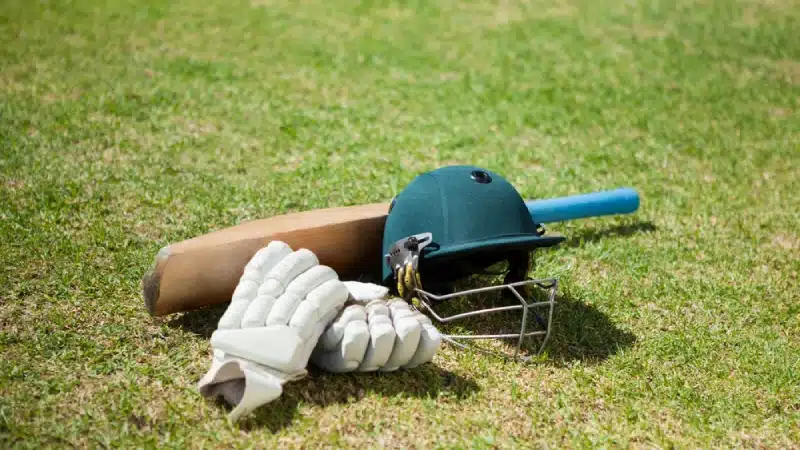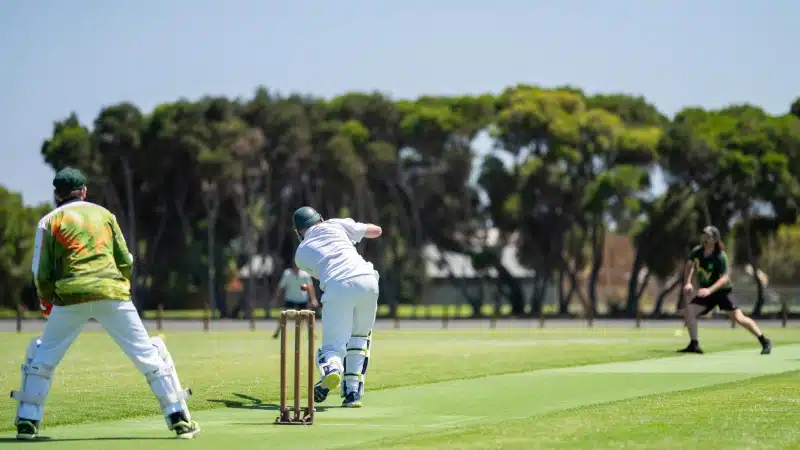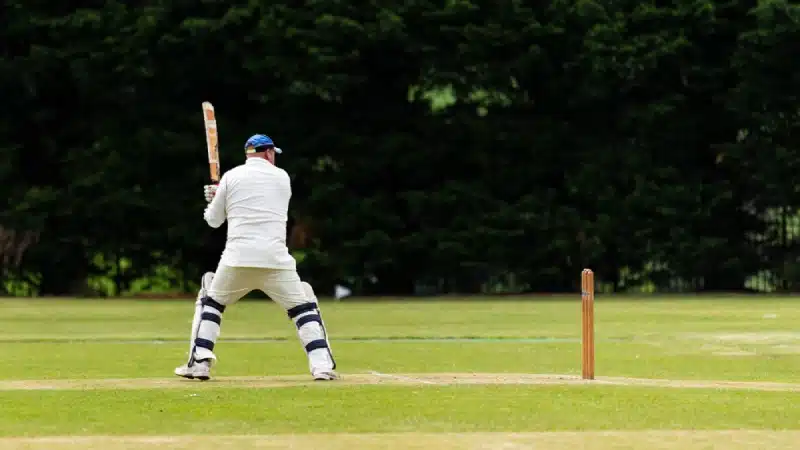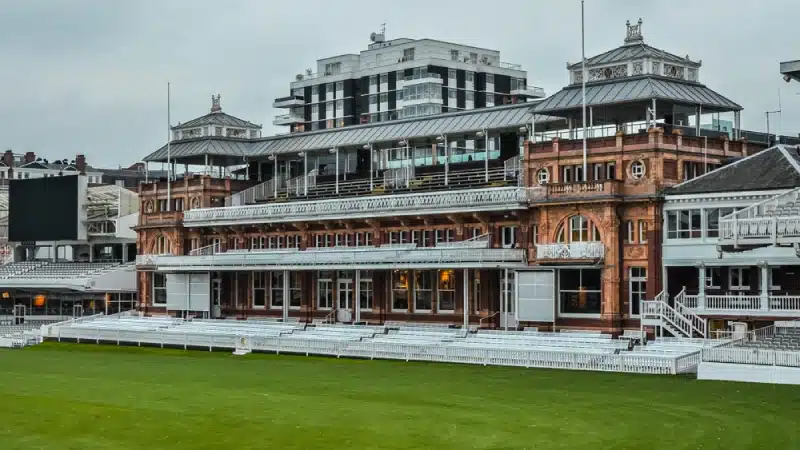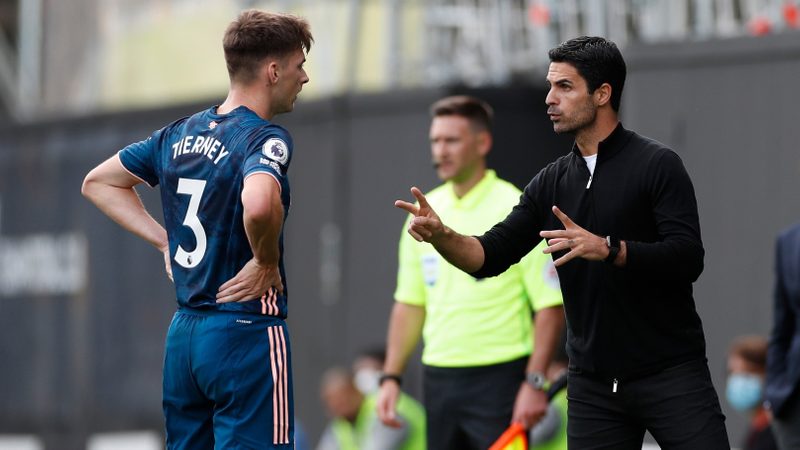
At exactly this time last year, Arsenal had conceded eight goals while keeping a solitary clean sheet in their opening five games of the 2019/20 Premier League season, as they continued to pick up the threads during a rather disenchanted tenure under Unai Emery.
The squad lacked the chemistry, there was no creative spark left, while players wandered around the field like headless chickens. That, coupled with the fans voicing their protest against the Spaniard, reinforced the Arsenal hierarchy to finally take the gamble.
Emery was already on the edge and his sacking was evident as early as November 2019, but there was no concrete plan in place to progress. The likes of Mauricio Pochettino, ex-Juventus boss Massimiliano Allegri and former Bournemouth manager Eddie Howe were all linked, but Freddie Ljungberg was roped in as a caretaker. However, after a solitary win in six games, Mikel Arteta arrived from Manchester City to continue the growing trend of former players taking the charge of the club.
Establishing ingenuity
Arsenal were often criticised for playing a slow and monotonous brand of football. All that changed under Arteta. He did fail to gather points in his first two assignments, having played a draw against Bournemouth and a defeat against Chelsea, but that dominant 2-0 win over Manchester United was not only their first win in the league against a team in the top half (in January), but it was also a sign of what was to come.
Kieran Tierney on his relationship with Mikel Arteta [@AFCPW via BT].
— TheAFCnewsroom (@TheAFCnewsroom) September 12, 2020
Working with the same set of players, Arsenal, under the new management, went on an eight-game unbeaten run in the league (W4, D4) between January and March. And after football resumed in June, he went on to lose just four of his final 10 games (W5, D1, L4). Before fabricating any sort of conclusion, bear in mind that this squad was made on the blueprint of someone else’s model, and Arteta hardly tinkered the structure.
Since the turn of the year, players have not only looked focused, but the desire to win the game for their manager is widely evident, and that - for as much as we overlook - remains an integral part of the game.
Swift movement
A little bit of a Guardiola-like approach was rightly expected from Arteta. Having worked under the former Barcelona and Bayern Munich manager since 2015, the Spaniard did excite the faithful with his style, but his approach was rather different than his educator.
He formerly went with a 4-2-3-1 approach, with Mesut Ozil, once frozen out by Emery, being his pivot. The German, in fact, scored his first goal in 10 months when the Gunners played host to Newcastle in February. That goal, much like a Guardiola team, had 35 passes in the build-up, with all 11 players involved in it at least once.
This is how we do.
⚡️ @Aubameyang7 wasting no time - one game, one goal pic.twitter.com/CCZF4FMuRh
— Arsenal (@Arsenal) September 14, 2020
However, following that 2-1 defeat against Brighton in June, in what was Arsenal’s second game after the lockdown, Arteta went with a combination of back three against Southampton. The decision worked wonders as the team went on to inflict significant damage on their opponents. The results have only bettered since.
For a team that had not won a game against a top-half team since January, a series of wins over the top-four hopefuls Wolves and Sheffield, followed by becoming only the third team to beat Liverpool in the 2019/20 season, represents a remarkable success. Arteta then went on to beat his master, Pep Guardiola, in the semi-finals of the FA Cup before clinching the title in his half-season at the club.
Progress in every department
While his use of Pierre-Emerick Aubameyang has been radiant, the development of the likes of Bukayo Saka and Eddie Nketiah has been acute, to say the least. Saka, an extremely versatile commodity, had 11 assists to his name last season. Deployed on the left side - sometimes as a left-back / wing-back or as a left-sided attacker, the 19-year-old’s clever movement both on and off that ball has been dazzling, to say the least.
Arsenal have long yearned for someone who could assert his authority and not bow down to the players’ extravagant demands, which unfortunately is the trend. They are well and truly on the path of progression and the fact that their stalwart Pierre-Emerick Aubameyang has signed a new deal after almost denying to pen one is a further testament to Arteta’s ascendancy. The reward? It’s a change in job title from being the head coach to the club's 'first-team manager'.
Gabriel Magalhães' Arsenal debut by numbers:
121 touches (most)
113 passes (most)
95% pass accuracy
5 ball recoveries
3 clearances
2 tackles made
2 fouls won
1 goal scored
0 goals conceded
0 x dribbled pastAnd he was named Man of the Match. pic.twitter.com/8chEE401rA
— Squawka Football (@Squawka) September 12, 2020
Even the signings the Spaniard made ahead of the 2020/21 season have made an instant impact. Defender Gabriel Magalhaes, brought from Lille to bring much-needed stability at the back, scored on his Premier League debut against Fulham, and had more touches and completed more passes than any other player in the Premier League that day. Willian, a free transfer from Chelsea, played his role in all three of Arsenal’s goals and ended up notching two assists.
Arteta’s impact, in a limited resource, has been astonishing, and judging by the look of things, the only way from here is up.
Feature image courtesy: AFP / Paul Childs












